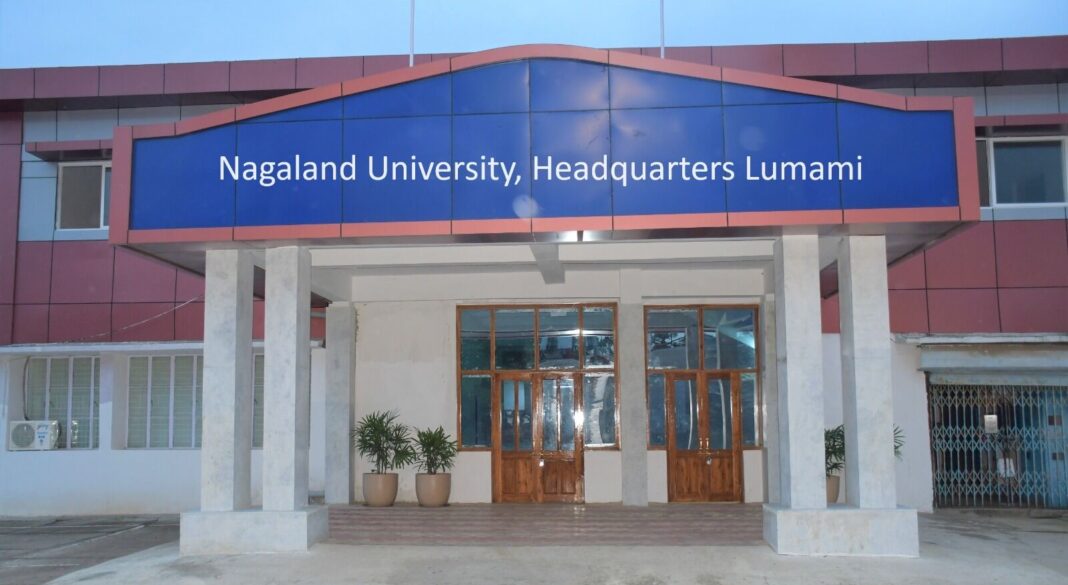GUWAHATI, April 7: In a major boost to traditional knowledge research in the Northeast, the Ministry of Education, through its Indian Knowledge Systems (IKS) division under AICTE, has sanctioned an IKS Research Centre at Nagaland University. This new initiative will focus on studying and preserving the indigenous water management practices in agriculture and the ethnic culinary traditions of Nagaland’s tribal communities.
Nagaland University, the only central university in the state, will now serve as a hub for exploring how indigenous communities sustainably manage their natural resources and maintain culinary heritage rooted in generations of lived experience. The project aligns with a national push to integrate India’s diverse traditional knowledge systems into contemporary research and education.
The IKS division of AICTE, headquartered in New Delhi, supports initiatives across various disciplines—including agriculture, arts, science, engineering, and management—to document and promote India’s vast heritage of traditional knowledge. This marks a significant step in extending that mission into one of the country’s most culturally rich and ecologically sensitive regions.
Welcoming the development, Vice Chancellor Prof. Jagadish K. Patnaik emphasized the importance of this knowledge, “Each tribe in Nagaland brings unique practices in water management and traditional cooking. These systems are not only vital for food security and livelihoods but also embody principles of sustainability that are more relevant than ever in the face of climate change.”

He added that the university’s research could help communities refine these systems by evaluating their sustainability, profitability, social impact, and potential for replication.
Traditional water management practices in Nagaland include rainwater harvesting through ponds or bamboo tanks, spring water tapping, terracing to reduce soil erosion and innovative bamboo piping systems for transporting water across long distances. These methods, developed without modern infrastructure, are still crucial for farming and environmental conservation in rural areas.
Nagaland’s food culture is equally distinctive. Tribal cuisine is known for using smoked meats, fermented ingredients, local herbs, and minimal oil. Recipes and techniques are passed down orally, making them vulnerable to being lost if not documented and studied.
Dr. Chitrasen Lairenjam, Associate Professor in the Department of Agricultural Engineering and the Principal Investigator of the new centre, highlighted the project’s goals, “We aim to understand the scientific and cultural reasoning behind traditional practices, and to see how they can be strengthened or adapted to modern challenges. The centre will focus on research, mentoring, and disseminating this knowledge.”
The IKS Research Centre at Nagaland University is expected to serve as a model for how indigenous knowledge can inform sustainable development. With its interdisciplinary approach, the centre plans to bridge traditional wisdom with academic rigour, ensuring that the cultural and ecological insights of Nagaland’s tribal communities are preserved, understood, and used for the future.
WATCH:
Find latest news from every corner of Northeast India at hubnetwork.in, your online source for breaking news, video coverage.
Also, Follow us on-
Twitter-twitter.com/nemediahub
Youtube channel- www.youtube.com/@NortheastMediaHub2020
Instagram- www.instagram.com/ne_media_hub
Download our app from playstore – Northeast Media Hub





